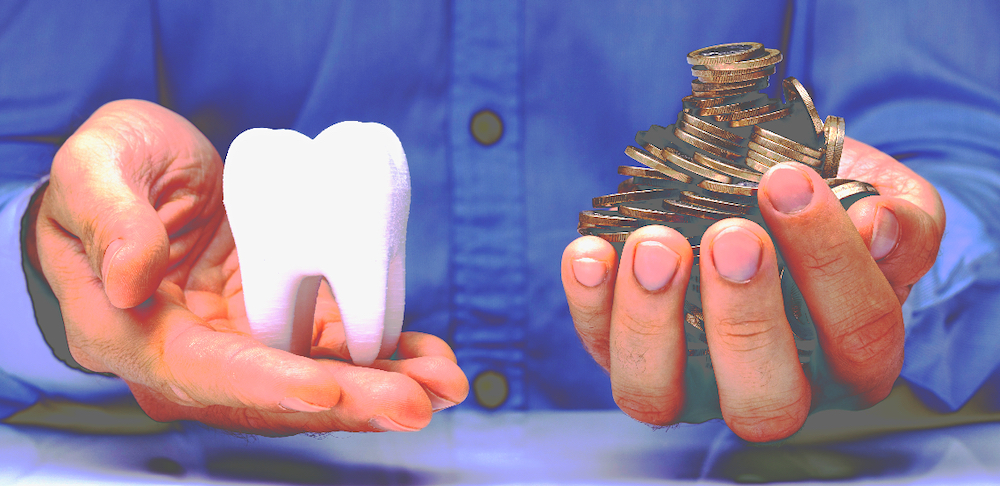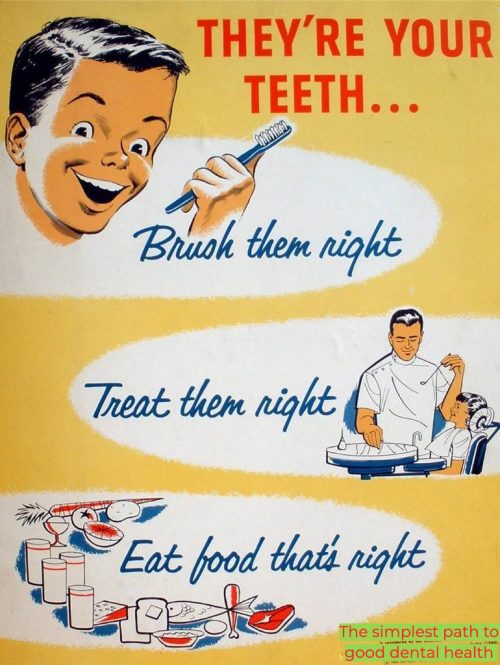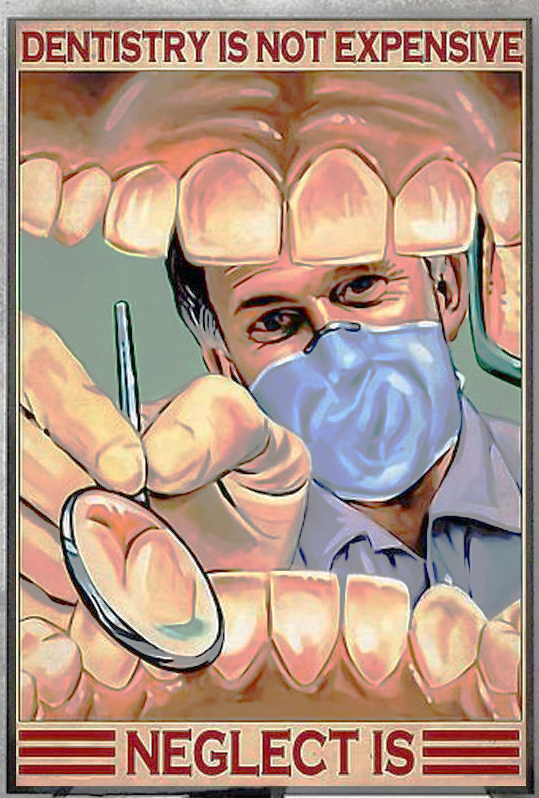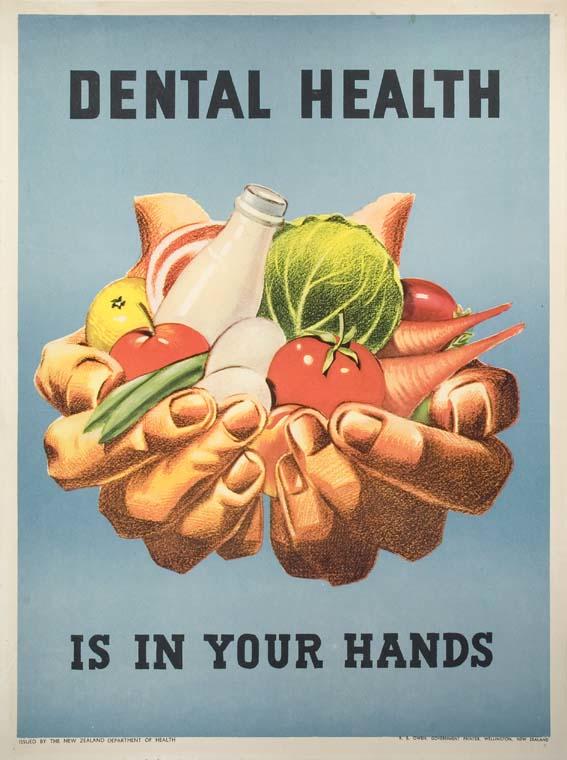
Too many of us are missing important dental help because of costs.
In dental speak, the term ‘unmet needs’ means folk wandering about with holes in their teeth, missing teeth and many in some considerable pain.
We have plenty of unmet dental need in New Zealand.
An estimated 42%, of us, 1.5 million adult New Zealanders, are actually rocking around with unattended issues in our mouths right now according to the folk who might know. That’s a higher figure than in any developed country we compare ourselves to. We like to be world leaders.
“Tooth be Told” is a pretty tough report on the state of dental health in NZ, put together by the Association of Salaried Medical Specialists (ASMS) in 2022. Just for context, the association represents the dentists working in the public health system where they invariably find themselves as the ambulances at the bottom of too many cliffs.
The ASMS report found that 37% of adults skipped dental care or checkups in 2020 for one reason, cost. That’s about the same figure as the USA (36%) but almost double the result for the UK and France, and more than three times that in the Netherlands.
Over 18 and it’s all on you
New Zealand provides free dental care for everyone up to the age of 18. After that, virtually everything you do for your dental health is on you. ACC can be your friend in an accident and the ASMS specialists are there in hospitals when things have gone really bad, but you will end up paying for most of your routine (but necessary) dental work over your lifetime.
And pay you will. In 2022, the average eftpos transaction in NZ dental clinics was $353. NZ Dental Association figures from 2023 show that around the country treatment costs can range from around $250 for an amalgam filling through to over $4,000 for complex bridge work.
Most of the onto it dental practices will offer or link you to payment plans. Some are interest free. Take a look around, ask up front if the practice has payment plans that you can access. Makes better sense than putting care off and making the cost greater in the long run.

Cost is a genuine issue.
If it wasn’t, why is the biggest unmet dental need so evident in our Māori (53.7%) and Pasifika (51.5%) adult populations here? If it wasn’t, why is dental tourism such a phenomenon, not just in New Zealand but globally?
Learn a little more about the differences in dental health by ethnicities in NZ
Here’s a deeper dive into what the School of Dentistry at Otago University believes is the impact of reduced access on the dental health of Māori.
Dental tourism is, like medical tourism, a global business. Plenty of Kiwis are doing both, and we hear lots of great stories but there are many less successful trips which perhaps are less well conveyed. It’s buyer beware stuff on a pretty personal level so make sure you know what you are getting yourself into.
Here’s a good report from Radio New Zealand on dental tourism
Why are costs so high?
There’s no subsidies from the government like GPs receive for head counts and visits in medical practices, and dental health receives less than 2% of the country’s health budget.
We’re also underserved by dental personnel. NZ has the third lowest numbers per head of practicing dental professionals in the OECD (we beat Turkey and Poland). Dental professionals are on our immigration priority list, but they are on every country’s priority list as well. Our one dental school at Otago University graduates 70-75 dentists each year and we train even less dental technicians.
And the costs of setting up and running a dental clinic with a range of associated dental services with highly trained teams are increasing as costs everywhere seem to be.
The call for subsidised or free dental care in New Zealand is growing. Sure, as the ASMS report states, this will be a considerable cost to the country of perhaps hundreds of millions annually. However Treasury’s cost benefit analysis tools show that for every $1 spent on dental health, there is a $1.60 return.

This is in lowered downstream health costs, reduced social benefit costs, increased employment (and increased tax revenue). Wider social benefits were not included in this cost benefit analysis.
Here’s a great article from the Otago Daily Times looking at the costs of dental care in New Zealand – are they taking too big a bite?
Here’s what dental fees look like in NZ at present
Keep small problems from becoming big problems.

There’s a lot going on in your mouth that you can’t see. A bit of decay between your teeth, tartar hiding just below your gum line, an impacted wisdom tooth…
Regular visits ensure small problems are monitored and addressed, rather than becoming larger issues later. A small, early cavity might be treated without drilling and filling, and treating gum disease now will help prevent future tooth loss. In addition, serious oral problems like cancers are detected by dentists, and early detection ensures the best prognosis and least invasive treatment.
Oral health care is closely related to general health
Often poor oral health is correlated with poor outcomes with several general health conditions, and improving your oral health makes you a healthier person overall.
Maintain a high quality of life
If you’re in pain too often or simply uncomfortable or embarrassed with your smile, your quality of life actually suffers. Regular dental visits help safeguard your ability to smile, speak, and eat.
Enjoy your food and beverages
It’s difficult to enjoy the food and drinks you love when something in your mouth hurts. Instead of limiting what you eat, chewing food on one side of your mouth, or some other behaviour that avoids pain, why not do something about it? Common issues like heat and cold sensitivity and general tooth pain can easily be addressed.
Preventative care saves you money
If your health isn’t enough of a reason to make your dental health a priority, consider the financial benefit. Regular preventative care and other dental treatment means potential problems can be detected early, avoiding more costly and invasive treatments later.


